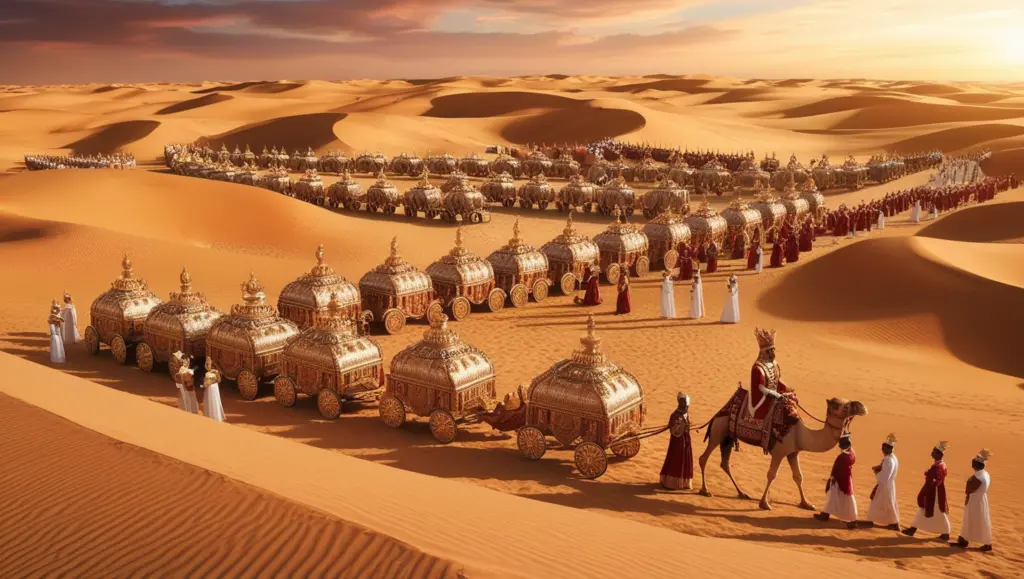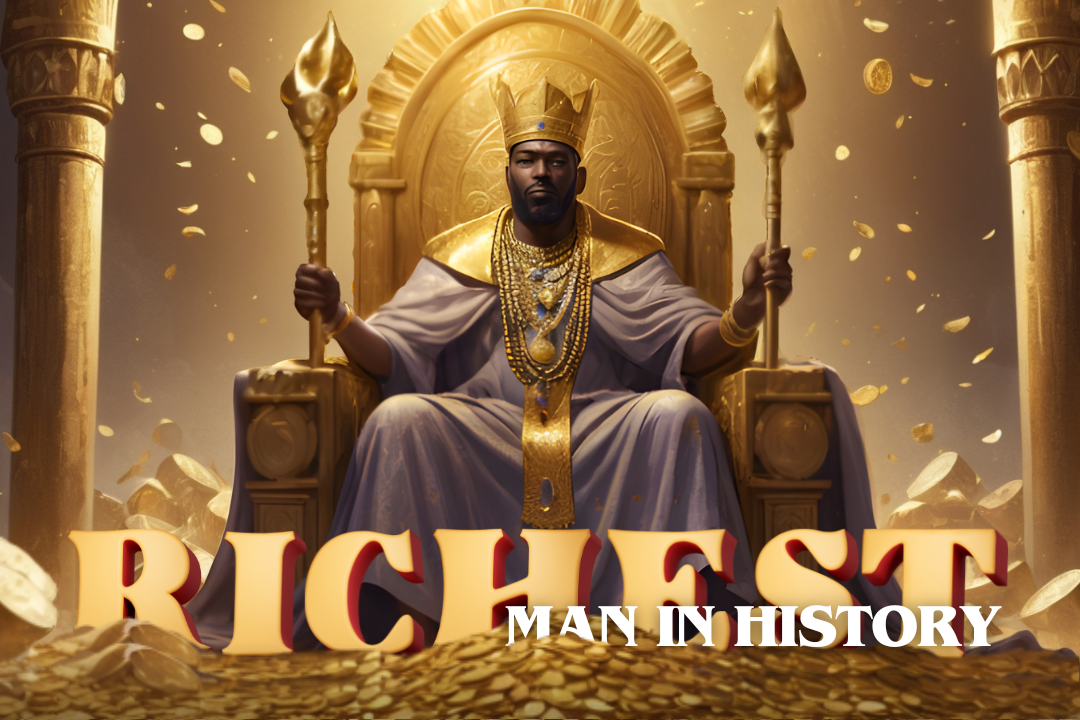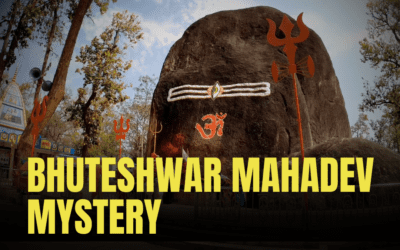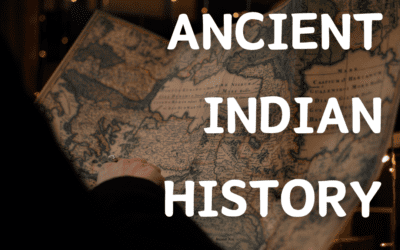Mansa Musa, was a superman among kings, and his wealth would make Jeff Bezos and Elon Musk look like they were playing Monopoly with nickels. For instance, imagine being alive in the fourteenth century and so loaded that you could throw gold around wherever you went. He was extremely wealthy, such that during his trip to Mecca, he gave out so much gold that he caused inflation in the places he visited. That individual wasn’t only affluent but was actually an icon of immense riches turned into a historical show.
Mansa Musa governed the Mali Empire right in West Africa. Born about 1280, Musa Keita I, otherwise known as Mansa Musa, became the Mali Empire’s ruler in 1312. And when Mansa Musa assumed power, it was not about maintaining the status quo—it was time to take things to another level entirely.
At that time, Mali, located in West Africa, had already started making its mark on the world stage; however, what did Mansa Musa have planned for it? The empire sat on top of some of the most valuable gold mines globally. Can you imagine just how much wealth this guy was surrounded by? So we are all cool with it now that he did not sit on top of his fortune like a hen would hatchlings but rather used it to prove a point?
This guy wasn’t just a king; he was a legend. Actually, his empire sat on one big gold mine. Worldwide, Mali boasted some of earth’s richest deposits at its disposal, and not just any deposits but those made up by mountains upon mountains of gold.”
MANSA MUSA’S TRIP TO MECCA
One of the outstanding moments of Mansa Musa’s reign was when he went on a pilgrimage to Mecca in 1324 that became legendary up to date (Mali’s Great King). Imagine driving down an interstate highway and spotting miles and miles of cars behind you in your rear view mirror, stretching out into the horizon. There were thousands of attendants, soldiers, and slaves who wore expensive clothes and camels too heavy with gold; they needed additional water breaks . However, this trip, which some would call a spiritual journey or Hajj, was more than that; it was an immense showoff where Mali demonstrated its true power and wealth to other countries in the universe.

Imagine a merchant or traveler in Cairo or any other city on his route. All of a sudden, this huge entourage enters, led by a king who is practically drenched in gold. Wherever he went, Mansa Musa gave out gold like Oprah gave away cars. “You get gold! You get gold! Everyone gets gold!” He gave money to the poor and put up mosques even to give money into local economies. Isn’t it kind? Yeah, but there was something else too.
By the end of his life, Mansa Musa had given so much away that he caused a small economic crisis. There was gold everywhere and its value fell while prices shot up. It took years for places like Cairo’s economy to stabilize after his visit, though. Now that’s what you would call making an impression!
But it wasn’t just about money. The pilgrimage of Mansa Musa was a massive PR exercise. Although Mali might be seen as some backwater kingdom, Musa wanted the world to know it was both a cultural and economic centre of power. By the time he reached Mecca, his fame preceded him far and wide ahead of him, which is why some people could not stop talking about the king’s wealth and generosity.
There was, therefore, more to Mansa Musa’s pilgrimage than meeting a religious obligation. It resembled a road trip of epic proportions that showcased Mali’s enormous riches and left a mess behind with trails of gold. This was the point that made history solidify his position as the richest man that ever lived.
However, beyond the outward showiness, he was also big on education and culture. This guy didn’t just pile up gold; he sought to build up something truly stunning with his wealth. He wanted his empire to become a beacon of knowledge and culture, and he did everything in his power to make sure it happened.
First things first, Mansa Musa had an insatiable craving for buildings. It wasn’t about merely flaunting affluence but creating lasting institutions instead. He built mosques, libraries, and universities all over Mali, where Timbuktu became the ultimate gem in his educational empire. Just try to imagine what Timbuktu must have been like back then—it was the place for scholars and thinkers alike!
TIMBUKTU: THE ULTIMATE GEM OF HIS EMPIRE
Timbuktu wasn’t just any city; it was like the Harvard, Oxford, and MIT of its time rolled into one. Mansa Musa’s investments turned it into a major center of learning, attracting scholars from all over the world. People came from places like Egypt, Persia, and even Europe to study subjects ranging from astronomy and mathematics to law and literature. The city was buzzing with intellectual activity, and the atmosphere was electric with ideas and knowledge.

Mansa Musa’s libraries were legendary. They were stocked with thousands of manuscripts, covering every topic you could think of. These weren’t just dusty old books; they were cutting-edge works from some of the greatest minds of the time. Scholars and students would spend hours poring over texts, discussing new ideas, and pushing the boundaries of what was known.
But here’s the cool part: Mansa Musa wasn’t doing all this just to show off. He genuinely believed in the power of knowledge and education. He wanted his people to be well-educated and his empire to be known for its cultural and intellectual achievements. By investing in education and culture, he was building a legacy that would last far beyond his lifetime.








0 Comments